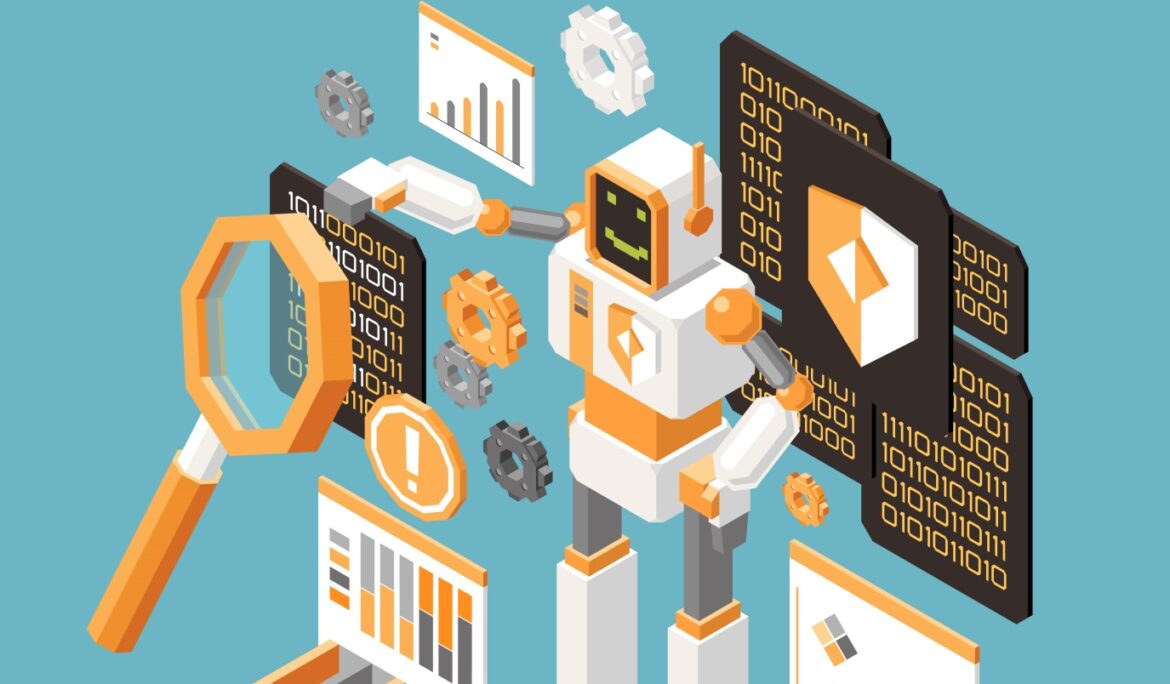Financial crime has long been a problem for banks, fintech companies, and online businesses. Fraudsters are continuously coming up with new ways to take advantage of systems, such stealing people’s identities, laundering money, or scamming those who pay online. The damage to banks goes beyond losing money; it also destroys trust. People start to worry about the safety of their money and personal information.
This is why people are paying more attention to artificial intelligence (AI). AI lets banks and other financial organizations find fraud in real time and respond faster than ever before, so they don’t need old-fashioned, rules-based systems.
Why regular fraud detection doesn't work?
For years, fraud prevention systems have followed a set of rules: if a transaction looks suspect, flag it. This method works to some extent, but it has a lot of problems:
Customers’ cards are often stopped, or their payments are denied because of false alarms.
Fraudsters are quick to adapt, finding flaws in systems that don’t alter fast enough.
Investigations take a lot of time and money, which makes things take longer and makes people mad.
Because of this, the system is always behind and reacts instead of acting first.
How AI changes the way we find fraud:
AI presents an innovative approach. It looks at trends, behavior, and context instead than just comparing transactions to a list of rules. The technology gets smarter as it learns more. That really means the following:
Real-time monitoring: AI can quickly go through hundreds of transactions and find strange behaviour before it gets worse.
It finds patterns that people might not notice, including secret transaction networks or tiny links between accounts.
Fewer false positives: AI can lower the number of valid transactions that are flagged by understanding how people usually act.
Flexibility: AI stays one step ahead of fraudsters by evolving with them.
Why This Matters for the Industry?
Not just banks are affected by financial crime; the whole ecosystem is. Fraud has an effect on costs, regulatory requirements, and even global issues like funding illegal activities. If institutions fall behind, they could lose their consumers’ trust, which is harder to get back than money.
AI that can find fraud gives us a way to move forward. It gives firms the tools they need to protect customers, follow strict rules, and make the financial world safer.
AI in Action in the Real-World
AI is already having an impact in several fields:
Banking: Quickly spotting strange logins to accounts and blocking unlawful transfers.
E-commerce is the act of shopping online while avoiding card-not-present fraud.
Insurance: Finding claims that don’t seem right before payments are made.
AML compliance: looking at transaction flows to find hidden networks that help people launder money.
These examples show that AI is more than just a theory; it is already making financial systems safer.
Looking Ahead, even though fraud will always be around, we are changing the method we fight it. In the future, AI systems will presumably use deep learning, blockchain, and sharing data across borders to make fraud detection more accurate and open.
Not just banks are affected by financial crime; the whole ecosystem is. Fraud has an effect on costs, regulatory requirements, and even global issues like funding illegal activities. If institutions fall behind, they could lose their consumers’ trust, which is harder to get back than money.
AI that can find fraud gives us a way to move forward. It gives firms the tools they need to protect customers, follow strict rules, and make the financial world safer.
AI in Action in the Real-World
AI is already having an impact in several fields:
Banking: Quickly spotting strange logins to accounts and blocking unlawful transfers.
E-commerce is the act of shopping online while avoiding card-not-present fraud.
Insurance: Finding claims that don’t seem right before payments are made.
AML compliance: looking at transaction flows to find hidden networks that help people launder money.
These examples show that AI is more than just a theory; it is already making financial systems safer.
Looking Ahead, even though fraud will always be around, we are changing the method we fight it. In the future, AI systems will presumably use deep learning, blockchain, and sharing data across borders to make fraud detection more accurate and open.











1 Comment
admin
The world is a book, and those who do not travel read only one page every journey we undertake is a chapter filled with lessons, experiences